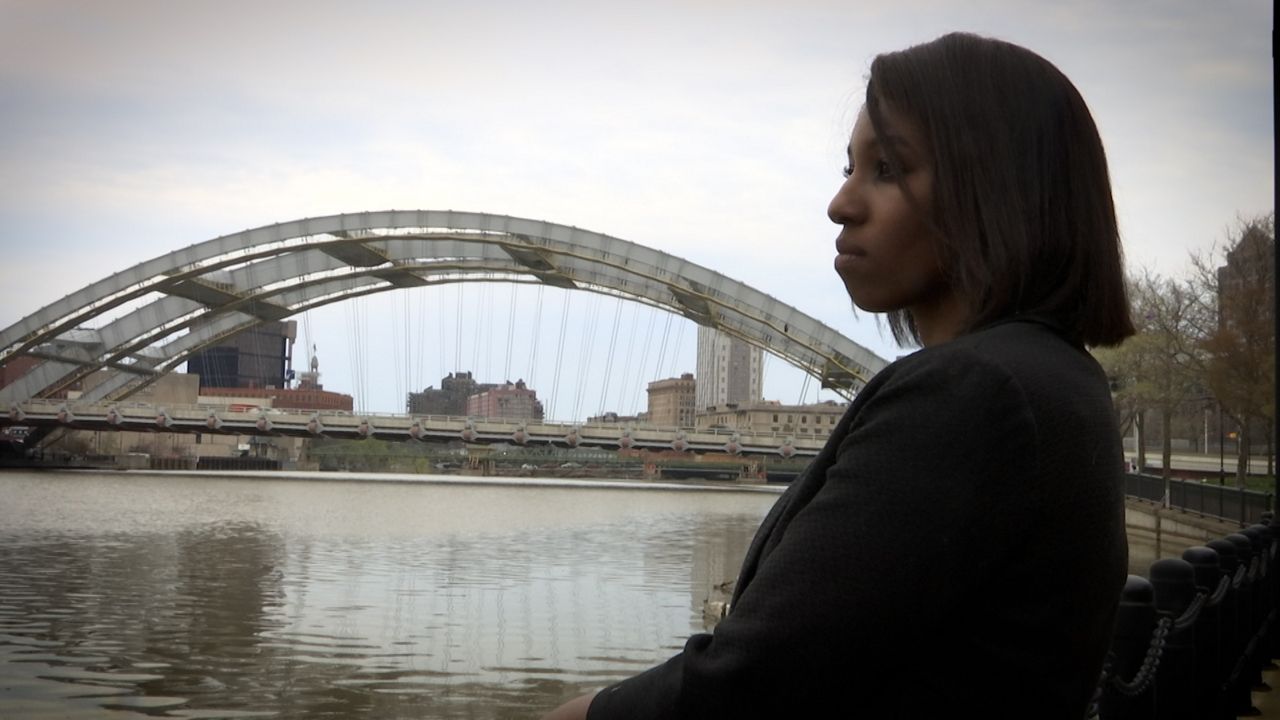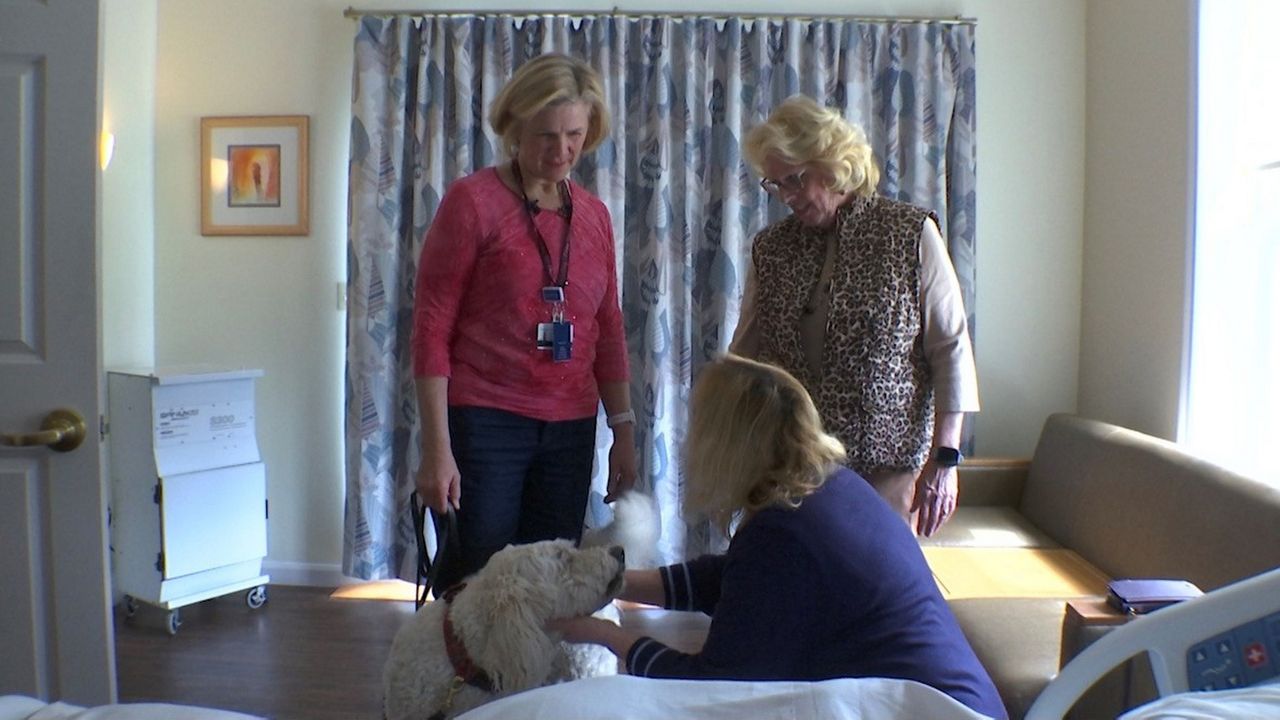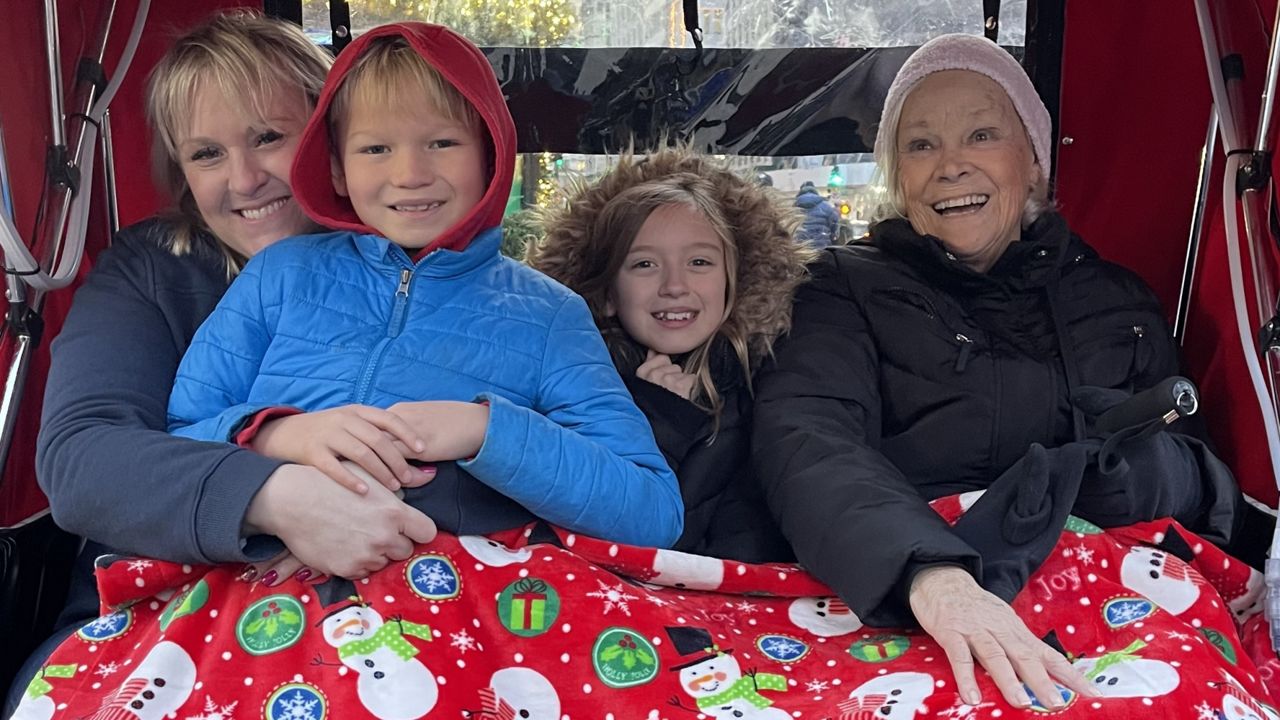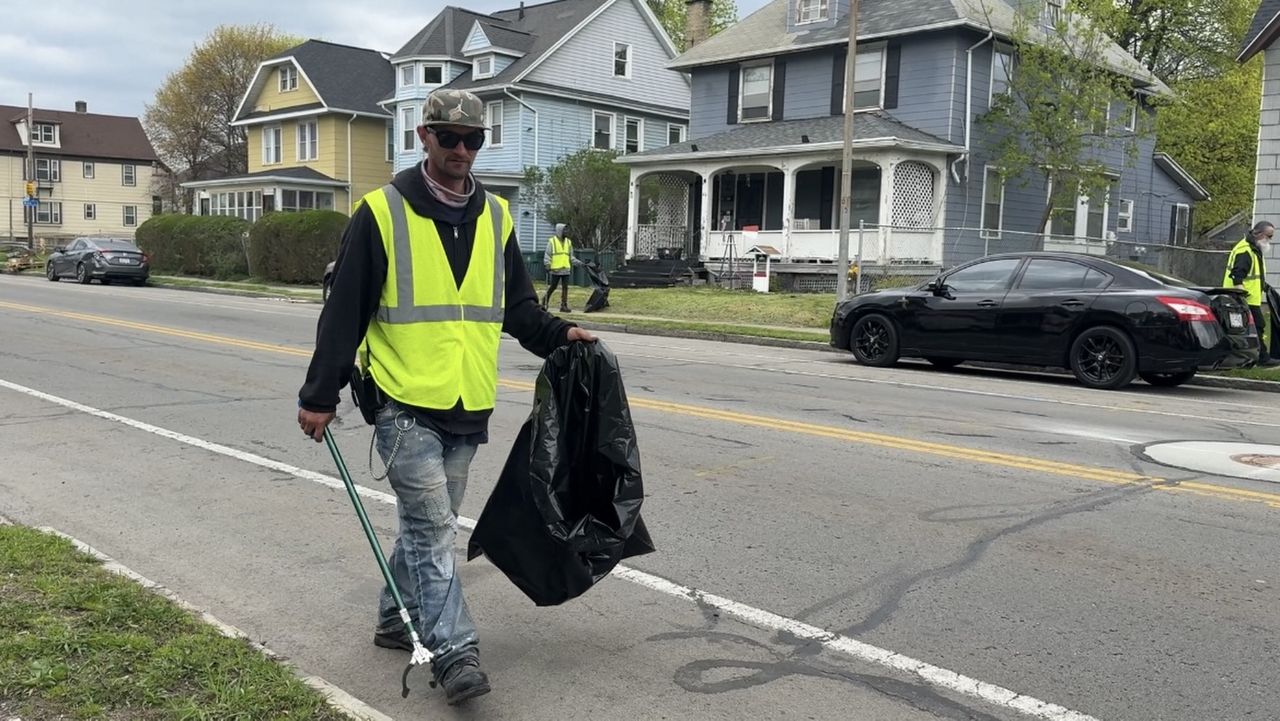New York has an incarceration rate of 376 per 100,000 people according to a recent study. And after getting out, many struggle to regain their independence and rejoin society.
The Center for Employment Opportunities is giving comfort by providing teams of transitional workers a chance to earn consistent pay.
Tymese Hilliard jumped on the opportunity.
“I told my parole officer that I was interested in it and she told me she was giving me a referral. So I got in quicker,” she said.
Just a little help goes a long way for people like Tymese. Convicted for a DWI, her life changed forever.
"I was sentenced to two to six, so I’m not supposed to get off parole until April of 2026. But with the 30-30 law, every 30 days you do good, you get 30 days off,” she said.
But even on good behavior, thousands of New Yorkers struggle rejoining society after being incarcerated.
What You Need To Know
- New York has an incarceration rate of 376 per 100,000 people according to a Prison Policy study
- After getting out, many struggle finding shelter, income, and transportation
- The Center for Employment Opportunities has transitional work crews for people to help rejoin society by making money and giving back to the community
“There were so many that were disenfranchised, so many people who were released from incarceration and do not have the necessary tools or the structure they need to be successful,” said Jarmani Dozier, site director of the Center for Employment Opportunities.
Dozier helps provide a second chance for people once they get out of jail as a site director with the Center for Employment Opportunities. He says finding consistent income is a struggle for many trying to regain their independence.
“When you're released, financial stability is a main concern, along with other things like housing, etc., etc…but for our program, the beautiful thing is that transitional work crew offers them that opportunity to earn money every single day. So they work on the work crews,” he said.
Giving back to the community and getting paid for it.
Tymese works every day on a transitional crew. As a partnership with the city of Rochester, today she’s working with the Department of Transportation, cleaning up garbage left on the side of the highways.
She’s done her time and has learned from her mistakes.
“Make smarter choices,” she said. “I’m not as impulsive as I was before. Like my incarceration has taught me to think before I act because I’ve always been the type to just go and just do like, not think about the consequences. But now it’s allowed me to play, sometimes I play the tape backwards. Like from the end to the beginning and think about everything that I did wrong.”
Her next goals? To become a nurse.
“I’m going to do it because I want to prove somebody wrong,” she said. Like the lady was telling me she don’t think I’m gunna like it, but I like stuff like this.”










